New Specialized S-Works Venge: Our first ride review and all the tech specs
The new Specialized S-Works Venge: is faster, leaner and a whole lot more subtle than the previous version
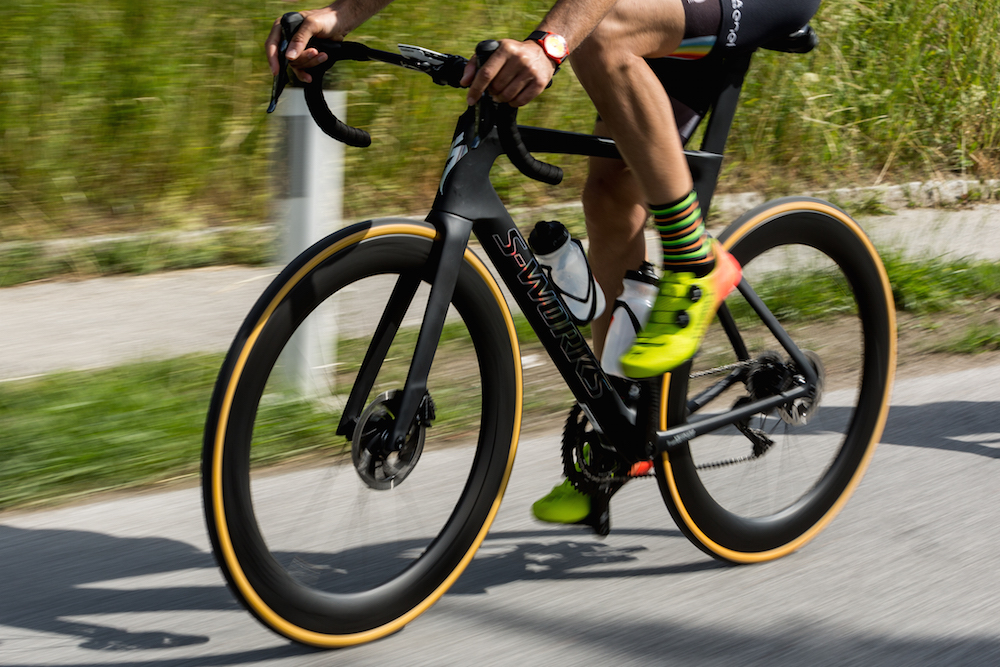
We spotted glimpses of the new Specialized S-Works Venge at the Dauhpine and the Tour de Suisse but now we've got the full low down, including tech specs and ride details.
While the previous Specialized Venge was one of the most winning bikes in the professional peloton, Specialized has decided to shake things up quite dramatically with this new model.
Specialized S-Works Venge: It looks a whole lot different
'Aero is everything', that's the mantra of Specialized and the brand took those words to heart when they created the second generation of the Venge Vias. That was one of the fastest bikes in the world and it looked it. But now Specialized says this new version is as fast, if not faster than the old one but it looks a whole lot different. What's the brands thinking?
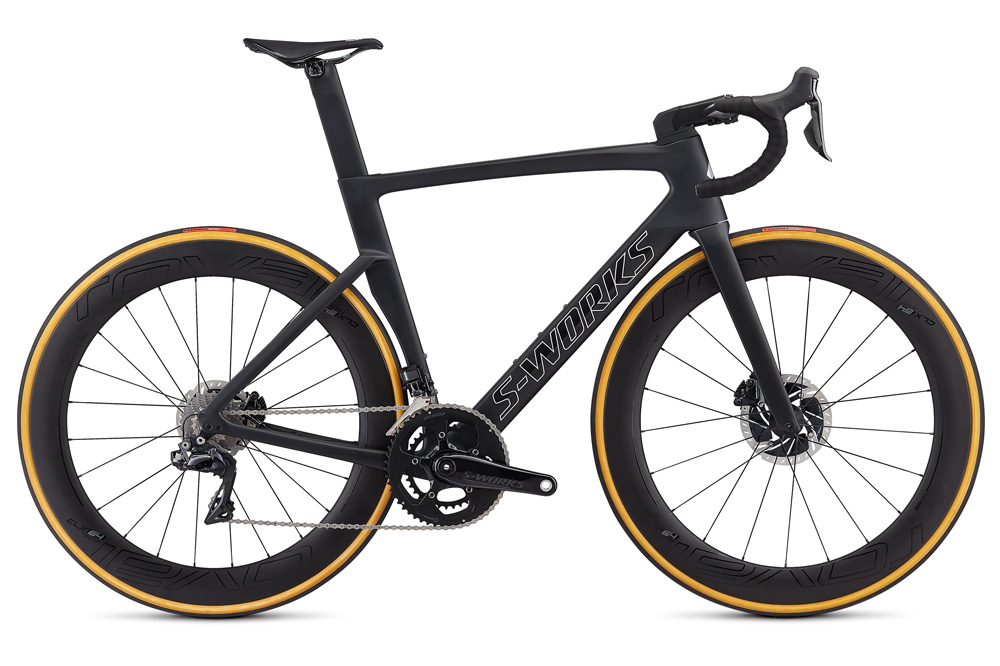
In short, the last Venge was fast, but it was also on the heavy side compared to rivals that were as fast (amongst other things that you can read in our review). The trade off was, as explained by Chris Yu, Director of Integrated Technologies at Spesh, was that complex aerodynamic frame shapes might make a bike fast, but they also make it weighty – too weighty for the pros at the races.
The challenge was to remove these shapes so the weight could go down but keep the bike fast. That means a less complex head tube, although it still integrates with the fork, and the cutaway on the down tube has also been lost. Ultimately, yes, it does look a lot like the Specialized Tarmac SL6 but again, that was a conscious decision to create an aero bike that can be ridden all day, everyday.
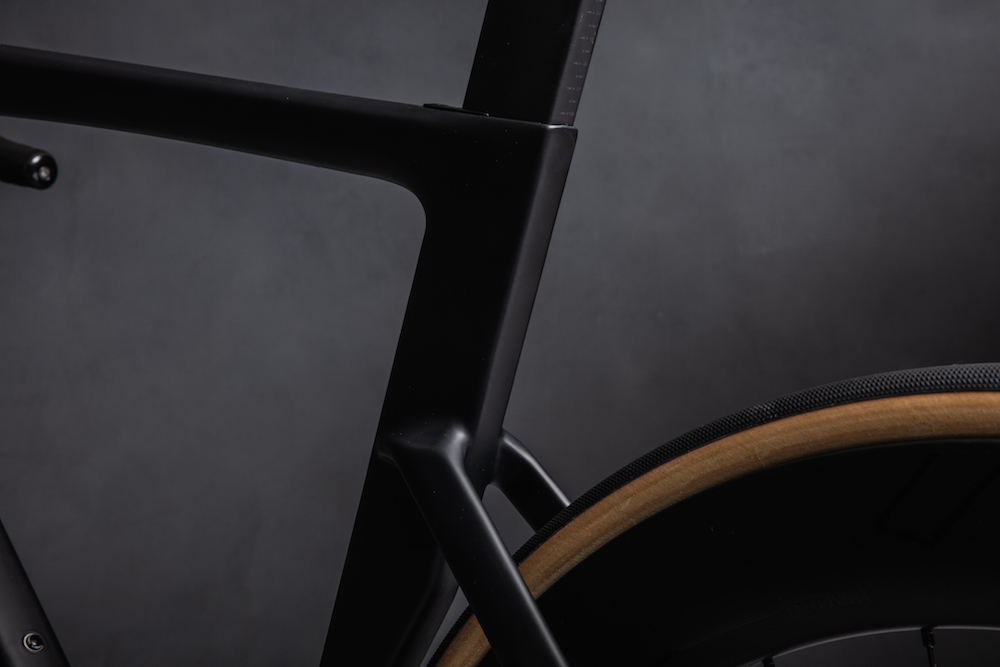
To put that into context, the new Venge is 460g lighter than the previous Venge Vias, and Specialized claim the frame is as light as the S-works Tarmac Sl5 Disc frame, weighing 1020g. The overall weight for the bike built with Shimano Dura-Ace Di2 is 7.1kg, according to the brand. By our scales, that's almost half a kilo lighter than the previous Venge Vias.
The latest race content, interviews, features, reviews and expert buying guides, direct to your inbox!
Whilst the last generation Venge Vias was the result of unlimited time in Specialized's wind tunnel, the new version was the result of an even smarter technology called Free Shape Optimisation, developed externally to the cycling industry by aerodynamicists Ingmar. In effect, it is a bit of software that allowed Specialized to input targets for stiffness, weight and aerodynamics and the programme will morph tubing to fit. In turn, this led to the Free Foil Library; a collection of the most aerodynamic tube shapes meaning Spesh can pick the optimal shapes for different parts of the bike.
So although Spesh has lost its weighty and complicated design of the Vias, the new Venge remains a feat of engineering.
There's no doubting this was revolutionary technology, and within 3-4 months Specialized had created a crude prototype which it says was as fast as the previous version already.
Specialized S-Works Venge: Handling and Geometry

The ride quality between the new Venge and the second generation version is dramatic differently. Gone is the twitchy front end, replaced by a very planted and direct ride feel. On the long mountain passes of Austria, it felt like a revolution compared to when I rode the last model.
Without being too blunt about it, it rides a lot like the Specialized S-Works Tarmac SL6 , and, as you might expect, its numbers are pretty similar. The head tube on the Venge is a touch shorter than on the Tarmac but because of the different top caps used (the Venge’s is taller than the Tarmac’s) the minimum stack or stem point is identical across the two bikes. This goes a long way to making the bikes feel similar out on the road.
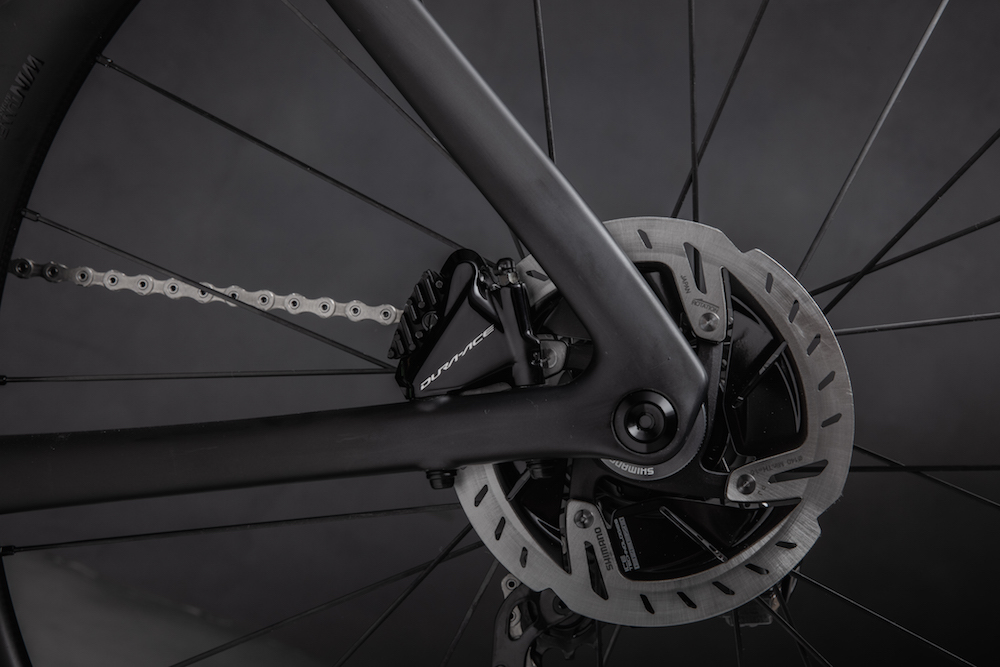
The trail is also the same between the two bikes, as is the bottom bracket height and both of these have clearly made an impact on the Venge's handling capabilities. After all, this was Specialized's intent, and it needed to create a bike that could be competitive on all areas of a race course, not just the final straight.
Specialized S-Works Venge: Electronic and disc specific
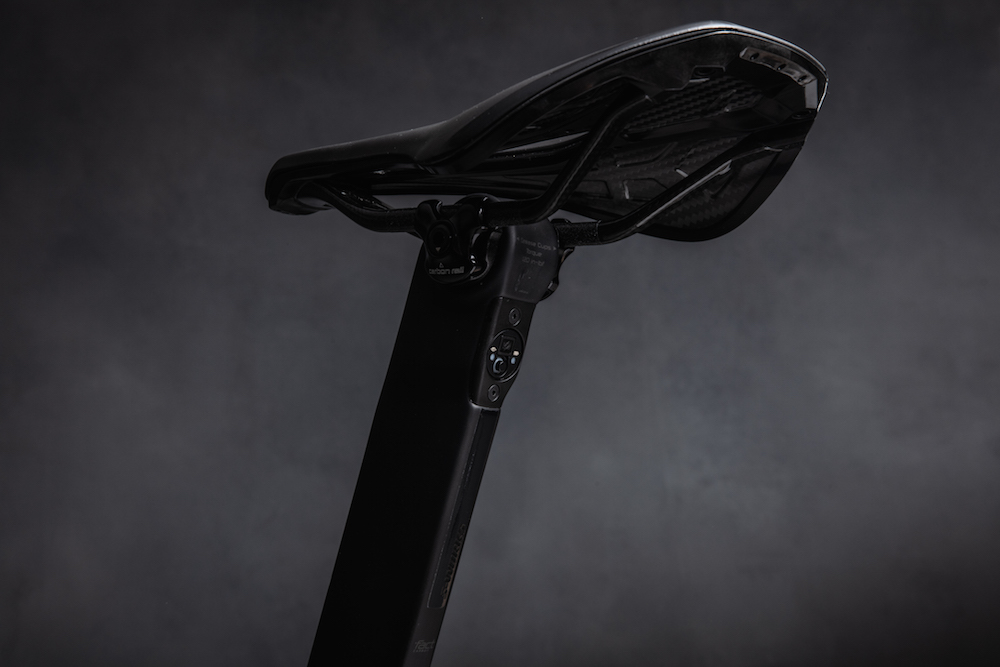
It'll make waves for sure, but the new Venge will be disc only, and only available with electronic gears. That means it's compatible with Shimano Di2, SRAM eTap and Campagnolo EPS systems only, as long as they're using an internal battery (unless you use SRAM eTap of course). It also makes it easier for the brand to differentiate between this and the Tarmac.
The Di2 junction box is also stored in an innovative new place on the back of the seat post which is, apparently, the safest place for when team mechanics are working on the bike and leaning out of a team car. Plus it helps clean up the cockpit, too.
Specialized S-Works Venge: A new cockpit and parts
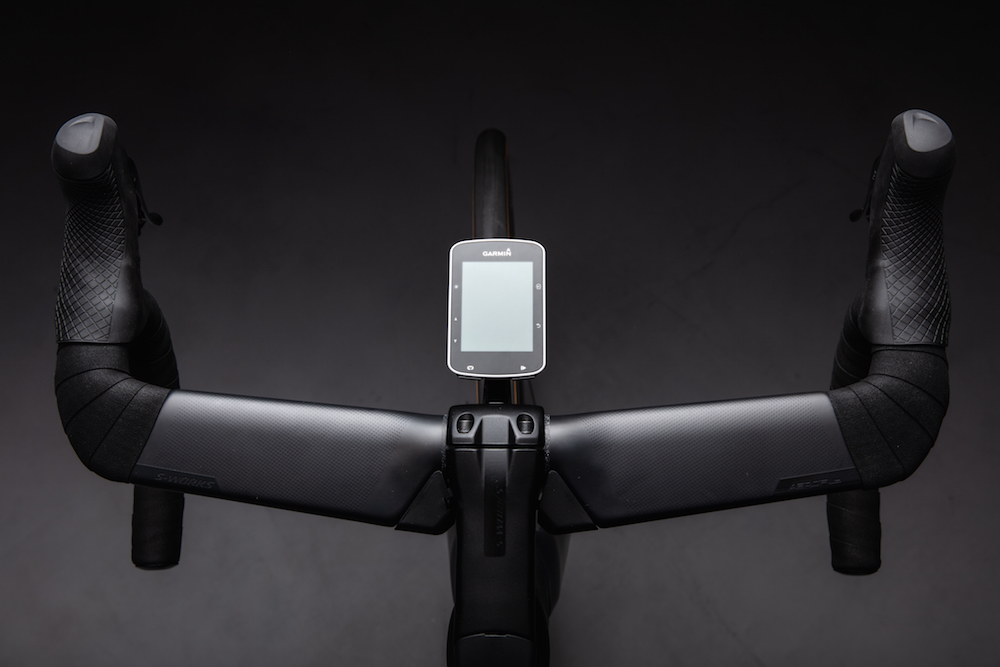
As you might have expected, gone are the Seagull shaped S-Works Aerofly Vias handlebars and the Venge Vias Aero stem with its negative 17 degree angle. Both of these became something of a sticking point for the pro riders who were quite publicly running Zipp SL Sprint stems instead. Working off of this feedback, Specialized claims to have been able to make the Venge stem stiffer than the Zipp SL Sprint Stem, although retained either the six degree and 12 degree angles that the pros prefer. It is also available in a six 140mm for all the Peter Sagans out there. We should see the pro riders using it at the Tour de France.
Also new are the Aerofly II bars, which no longer have the rise, but instead have a forward sweep and a textured surface across the top. However, the Venge is compatible with other aftermarket bars and stems.
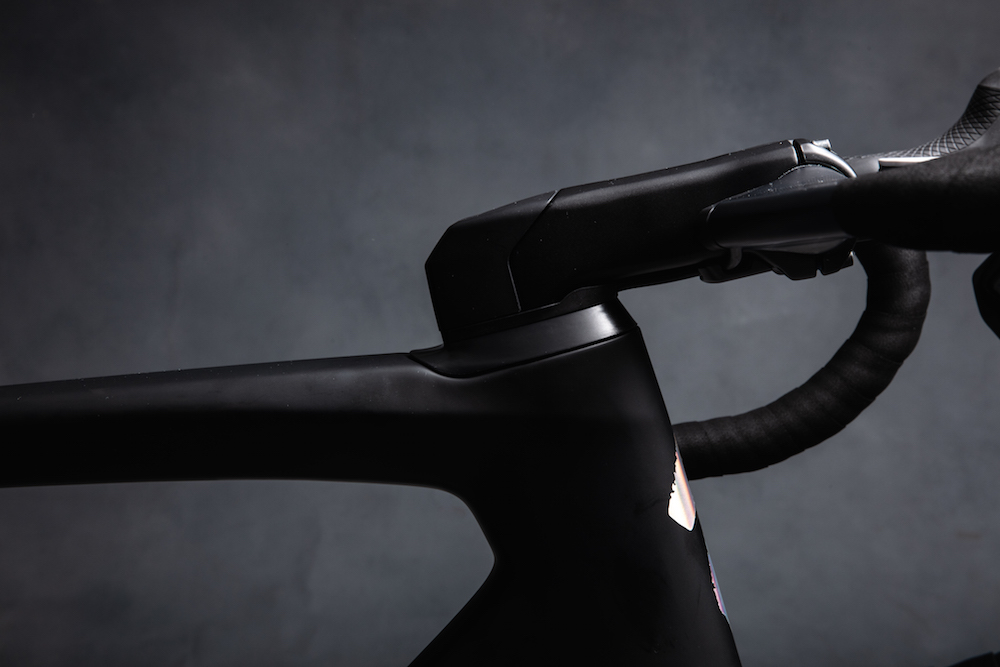
Just like the top end S-Works Tarmac model, the new Venge will come with Specialized's dual sided Power Cranks and will cost £9,500. The bike will also be available in a Sagan edition, which has a different colour but still comes with a power meter. The bike is also available as an S-Works or Sagan edition frameset.